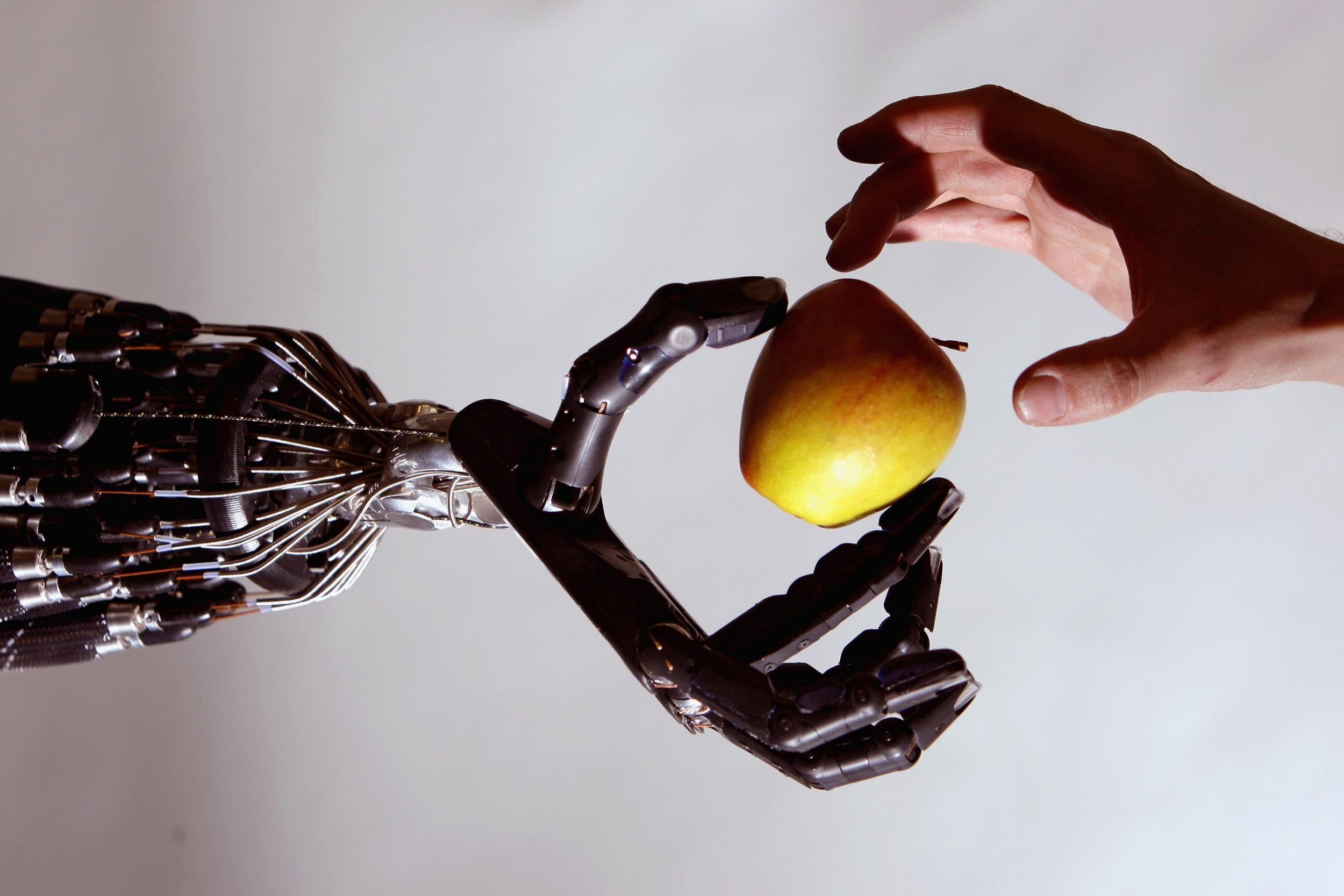'Artificial intelligence alarmists' like Elon Musk and Stephen Hawking win 'Luddite of the Year' award
Although the foundation which gave the award acknowledge Hawking and Musk aren't really Luddites, they said they had contributed to 'feverish hand-wringing' over the dangers of AI

A diverse group of scientists and technologists, including Tesla CEO Elon Musk and famed physicist Stephen Hawking, have been named as the winners of 2015's 'Luddite Award', for their warnings over the potential dangers of artificial intelligence (AI) and 'killer robots'.
The award, which is issued by Washington DC-based think tank the Information Technology and Innovation Foundation (ITIF), is awarded annually to highlight the year's worst "anti-technology ideas and policies."
Although Hawking and Musk weren't directly named as nominees, they were part of a group of more than 1,000 luminaries from the worlds of science and technology who signed an open letter calling for a ban on "offensive autonomous weapons," or as they are better known 'killer robots'.
The letter, which was also signed by Apple co-founder Steve Wozniak and philosopher Noam Chomsky, was a warning to the scientific community over the possible risks of militarised artificially intelligent robots.
While the text of the letter acknowledged that AI could have huge benefits to humanity, it warned the use of the technology in warfare could be hugely destructive, and could potentially lead to the end of humanity if a man-made superintelligence 'turned' on its creators.
Clearly unimpressed by these warnings over AI, ITIF made a veiled reference to the letter's signatories, by including "alarmists touting an artificial intelligence apocalypse" and "advocates seeking a ban on 'killer robots'" in their list of nominees for the award.
Artists in Pakistan target drones with giant posters of child victims
Show all 5Also nominated by ITIF were "The Center for Food Safety fighting genetically improved food," and "California’s governor vetoing RFID in driver’s licenses," among several others.
After a month-long public vote, the "alarmists" who warned of an AI apocalypse, which included the signatories of the letter and many others, were deemed the winners, with 27 per cent of the vote.
Commenting on the Luddite Award, which takes its name from the English anti-technology movement that sprung up during the later part of the Industrial Revolution, ITIF President Robert D. Atkinson criticised the 'demonisation' of AI that took place in 2015.
"It is deeply unfortunately that luminaries such as Elon Musk and Stephen Hawking have contributed to feverish hand-wringing about a looming artificial intelligence apocalypse," he said.
"Do we think either of them personally are Luddites? No, of course not. They are pioneers of science and technology. But they and others have done a disservice to the public - and have unquestionably given aid and comfort to an increasingly pervasive neo-Luddite impulse in society today - by demonising AI in the popular imagination."
He added: “If we want to continue increasing productivity, creating jobs, and increasing wages, then we should be accelerating AI development, not raising fears about its destructive potential."
Atkinson also pointed out the irony of Elon Musk being part of the winning group, considering the Tesla and SpaceX CEO has contributed significantly to the development of safe AI through his creation of OpenAI, a non-profit which aims to advance the technology in a way that can benefit humanity.
Subscribe to Independent Premium to bookmark this article
Want to bookmark your favourite articles and stories to read or reference later? Start your Independent Premium subscription today.

Join our commenting forum
Join thought-provoking conversations, follow other Independent readers and see their replies